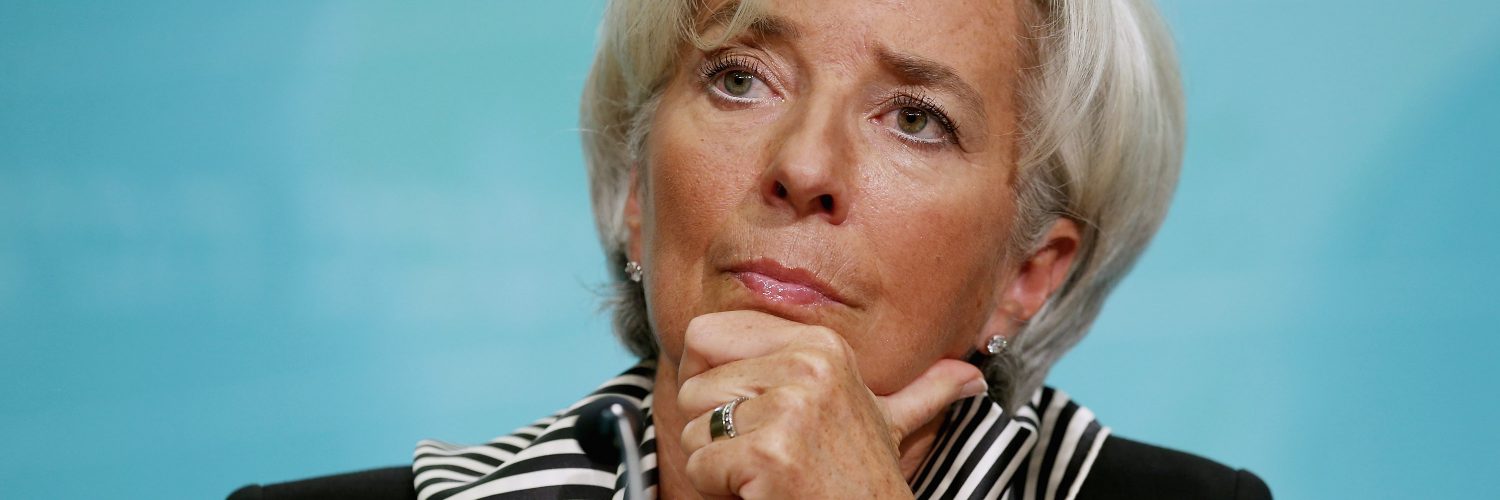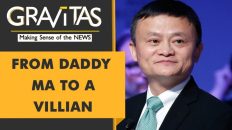“The case is based on new and evolving requirements for money, as well as essential public policy objectives. My message is that while the case for digital currency is not universal, we should investigate it further, seriously, carefully, and creatively.
More fundamentally, the case is about change—being open to change, embracing change, shaping change.”
By Christine Lagarde,
IMF Managing Director
Singapore Fintech Festival
Winds of Change: The Case for New Digital Currency
As prepared for delivery
Introduction
Distinguished guests, ladies and gentlemen—good morning and thank you for the opportunity to participate in this important event.
In Singapore, it is often windy. Winds here bring change, and opportunity. Historically, they blew ships to its port. These resupplied while waiting for the Monsoon to pass, for the seasons to change.
“Change is the only constant,” wrote the ancient Greek philosopher, Heraclitus of Ephesus.
Singapore knows this. You know this. It is the true spirit of the Fintech Festival—opening doors to new digital futures; hoisting sails to the winds of change.
And yet change can appear daunting, destabilizing, even threatening. This is especially true for technological change, which disrupts our habits, jobs, and social interactions.
The key is to harness the benefits while managing the risks.
When it comes to fintech, Singapore has shown exceptional vision—think of its regulatory sandbox where new ideas can be tested. Think of its Fintech Innovation Lab, and its collaboration with major central banks on cross-border payments.
In this context, I would like to do three things this morning:
First, frame the issue in terms of the changing nature of money and the fintech revolution.
Second, evaluate the role for central banks in this new financial landscape—especially in providing digital currency.
Third, look at some downsides, and consider how they can be minimized.
Conclusion
Let me conclude. I have tried to evaluate the case this morning for digital currency.
The case is based on new and evolving requirements for money, as well as essential public policy objectives. My message is that while the case for digital currency is not universal, we should investigate it further, seriously, carefully, and creatively.
More fundamentally, the case is about change—being open to change, embracing change, shaping change.
Technology will change, and so must we. Lest we remain the last leaf on a dead branch, the others having decided to fly with the wind.
In the world of Fintech, we need to harness change so it is fair, safe, efficient, and dynamic. That was the goal of the Bali Fintech Agenda launched by the IMF and World Bank last October.
When the winds of change pick up, what will guide us in our journey? The captains sailing through the Straits of Singapore followed the North Star.
And today? Tomorrow?
I suggest we follow a girl. A young girl. A fearless girl. If you are lucky, you might be able to meet her in person in New York’s financial district.
She is bold. She is brave. She is confident. She faces forward, toward the future, with grit and determination—a future she herself is going to shape, with eyes wide open, eagerly, steadily.
I hear her say: Let us sail ahead. I am not afraid. (pause) I, am not afraid.
Thank you.











